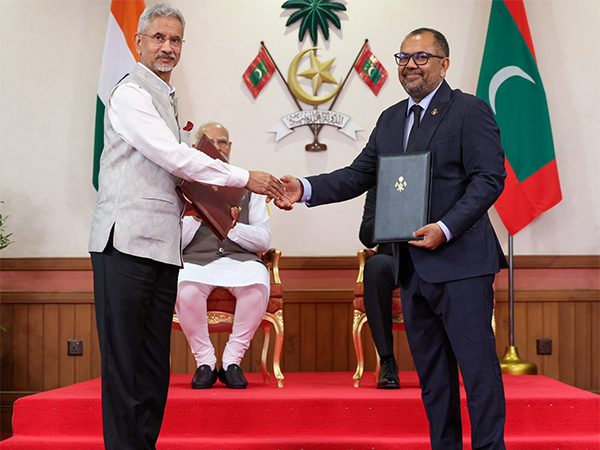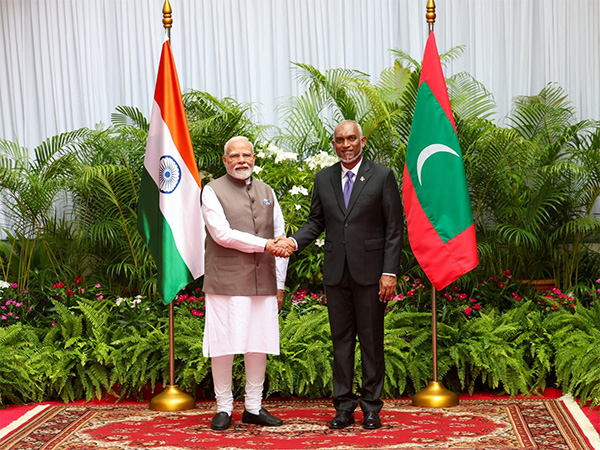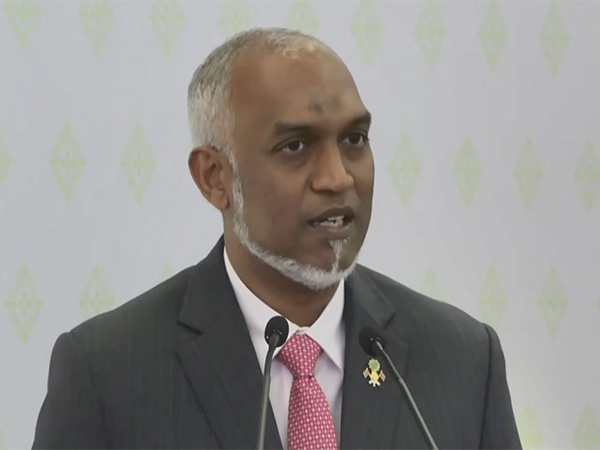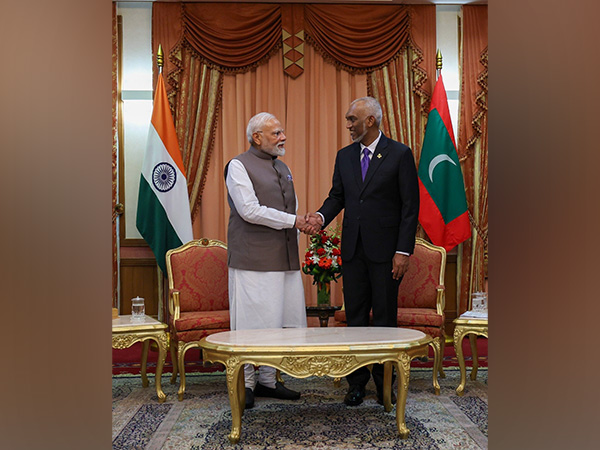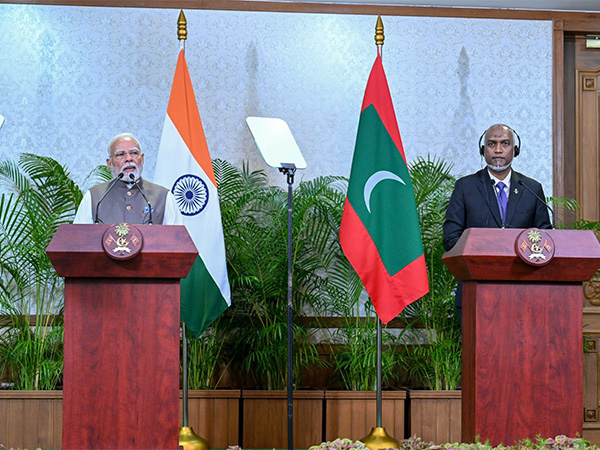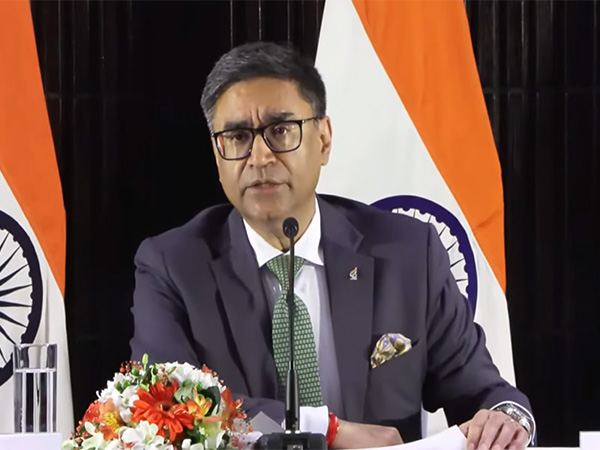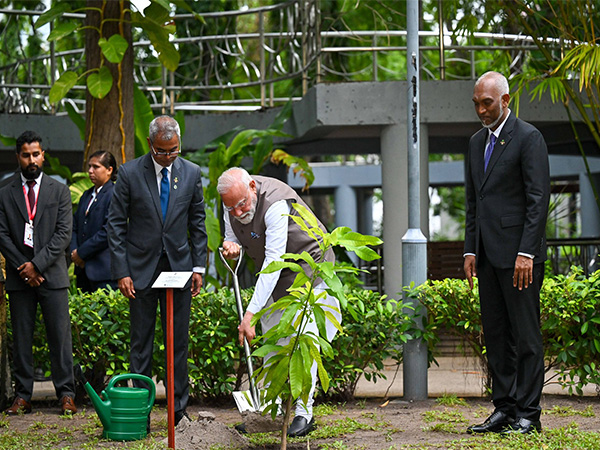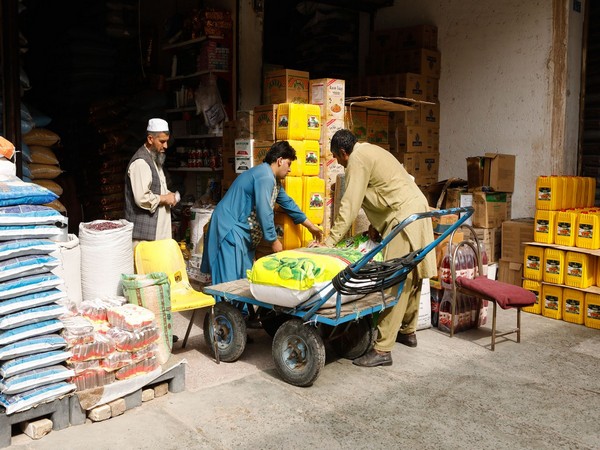
Afghanistan to send 2,000 workers to Qatar amid rising joblessness, refugee return
Jul 24, 2025
Kabul [Afghanistan], July 25 : Afghanistan's Ministry of Labor and Social Affairs has announced the planned deployment of 2,000 Afghan workers to Qatar, offering legal employment opportunities amid growing unemployment and an influx of returning refugees, Khaama Press reported.
According to a statement issued by the Taliban-run ministry on Wednesday, July 23, and posted on its official X account, "Qatar has allocated an additional 1,300 job opportunities for Afghan workers," bringing the total to 2,000 laborers set to be deployed in the upcoming phases.
Khaama Press reported that the initiative marks the beginning of a broader program aimed at facilitating the legal deployment of Afghan workers abroad. The ministry noted that the number of job opportunities is expected to rise significantly in the future.
Coordination has already taken place between Kabul and Qatari officials to implement the labor deployment in stages. Khaama Press cited the ministry as saying that registration centers and application criteria will be announced soon for Afghan citizens interested in applying.
Afghanistan is currently grappling with a deepening humanitarian crisis, including widespread poverty, food insecurity, and the collapse of public services. The crisis has been compounded by the large-scale return of Afghan refugees from neighboring countries, especially Pakistan and Iran, where many had sought work and shelter.
With limited employment prospects at home, thousands of returnees and local residents are struggling to support their families. Khaama Press highlighted that the lack of formal work programs has left many Afghans in economic distress, exacerbating the country's instability.
As the program rolls out, Afghan authorities say it could ease some of the burden on the domestic labor market, while also offering hope to job seekers seeking legal and safe employment abroad, Khaama Press added.
Yet even as Afghanistan looks outward for employment solutions, its global mobility remains severely limited. Afghanistan's passport has been ranked the least powerful in the world in 2025, offering visa-free access to just 26 countries, reflecting the country's deepening global isolation, as reported by Khaama Press.
According to the Henley Passport Index for 2025, Afghanistan was ranked 106th, at the bottom of the global list, making it the most restricted passport worldwide.
The annual index, based on exclusive data from the International Air Transport Association (IATA), ranks passports according to the number of destinations their holders can enter without a visa.
Khaama Press reported that Afghanistan's travel freedom continues to shrink. In 2024, the country ranked 104th.
The two-rank drop in 2025 highlights a further erosion in the country's global mobility, leaving Afghan citizens increasingly cut off from the rest of the world.
Meanwhile, Singapore topped the Henley Index in 2025, with its citizens enjoying visa-free access to 195 countries. Japan followed with access to 193 destinations.
Finland, France, Germany, Italy, South Korea, and Spain jointly secured third place, with visa-free access to 192 countries.
By contrast, Afghan passport holders can travel without a visa to only 26 countries, including Sri Lanka, Somalia, Kenya, Cambodia, and Bangladesh, Khaama Press noted. The drastic gap underscores the limited options available to Afghan citizens for international movement.
Despite the Taliban's control over the country, Afghan passports continue to be printed with the emblem of the former government, Khaama Press reported.
The report also highlighted how this, combined with severe political instability and economic collapse, has worsened migration trends, even as acquiring a passport has become increasingly difficult for ordinary citizens.
Khaama Press further stated that the consistent decline in the power of Afghanistan's passport mirrors the nation's worsening diplomatic and economic standing.
The limited global access not only restricts individual movement but also reflects broader issues of international exclusion and lack of recognition.
Experts note that unless Afghanistan addresses its core challenges, including governance issues, economic recovery, and efforts to gain international legitimacy, the passport is likely to remain at the bottom of global rankings for the foreseeable future.
